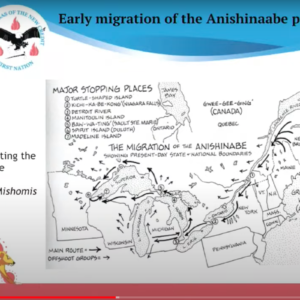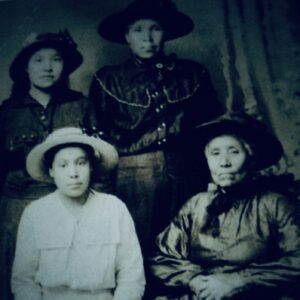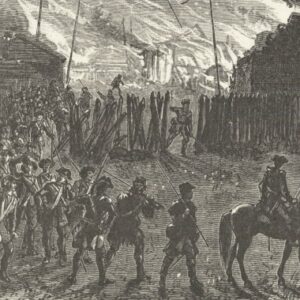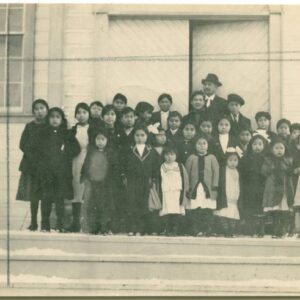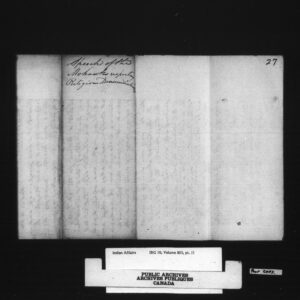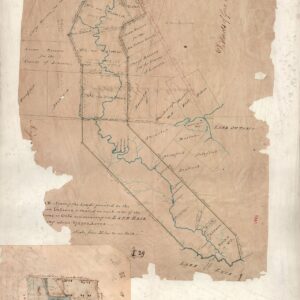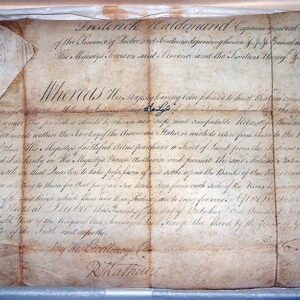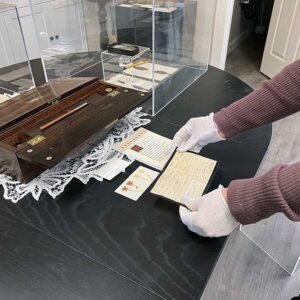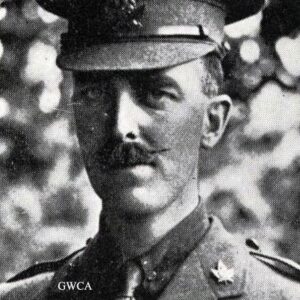
Letter sent to the Superintendent General of Indian Affairs in 1876. It’s a report by the Grand River Indian Agent, what at that time was ‘in charge’ of the Six Nations and Mississaugas Bands.
“GRAND RIVER SUPERINTENDENCY, BRANTFORD, 25th August, 1876,
The Honorable The Superintendent-General of Indian Affairs, Ottawa.
SIR, – In accordance with your circular of the 3rd July, I have the honor to, transmit statistics of the Indians and their possessions in this Superintendency. In doing so, I have to repeat much in my report of 1875, which, necessarily, was compiled after the harvest last fall; hereafter, the progress from year to year will be shown.
Additional lands in various parts of the Reserve have been brought into cultivation, while other improvements are visible.
The population of the Six Nations continues to increase: births, 128; deaths, 61; total number, 3,069; increase during thirteen years, 523; an average of 40 each year.
The Mississagua Band numbers 204, a decrease of 2: births, 5; deaths, 6.
The prospect of the crops was very favorable throughout the Reserve but the hot dry weather caused much injury.
Two hundred and forty-nine licenses have been issued during the year, to Indians only, for the removal of firewood – some logs and a few staves. Much benefit has resulted from the wood law.
The good work of the New England Company is zealously prosecuted by the reverend missionaries, and by means of eight Primary Schools under their superintendence, and that most excellent “Mohawk Institute,” in charge of Mr. Ashton; also, by the Wesleyan Conference through their missionary and two schools; and the creditable example of the Mississigiuas who maintain two schools, in striking contrast with the apathy of the Six Nations, who still fail in their duty, because having always been provided with schools they have thought it unnecessary to contribute towards their support: they appear of late to be more sensible that they must now aid in the cause of education.
Mr. Ashton, the Superintendent of the Mohawk Institute, reports 83 pupils in course of instruction, who, while there, are supported and clothed at the expense of the Company, and taught the ordinary branches and vocal music; the boys work a farm of 360 acres; the girls, the house-work, including baking of bread and making the clothing of the pupils.
From what may be called natural defects, Indian children, in general, not being of propriety and obedience become wayward; but the Institute, to some extent proves a corrective to those who are happily there. I submit, far greater benefits would be conferred could the Institute be enlarged and the arrangements such as to admit children at the earliest age.
The statute labor is generally well done, the people desirous of good roads through their Reserve, while the Council votes monies for both roads and bridges.
The Agricultural Society of the Six Nations are making preparations far their annual fall show in October and the ploughing matches will follow, under the encouraging patronage of His Excellency the Governor-General’s annual gift of a prize plough.
Drunkenness has diminished, and the temperance cause is promoted by several native societies; whilst the severity of the recent law against selling or giving liquor to Indians has had a good effect.
It is gratifying to convey the assurance of the general welfare and prosperity of so numerous a body as the Six Nations and the Band of Mississaguas.
I have the honor to be, Sir,
Your most obedient servant,
T. GILKISON,
Visiting Superintendent and Commissioner.


